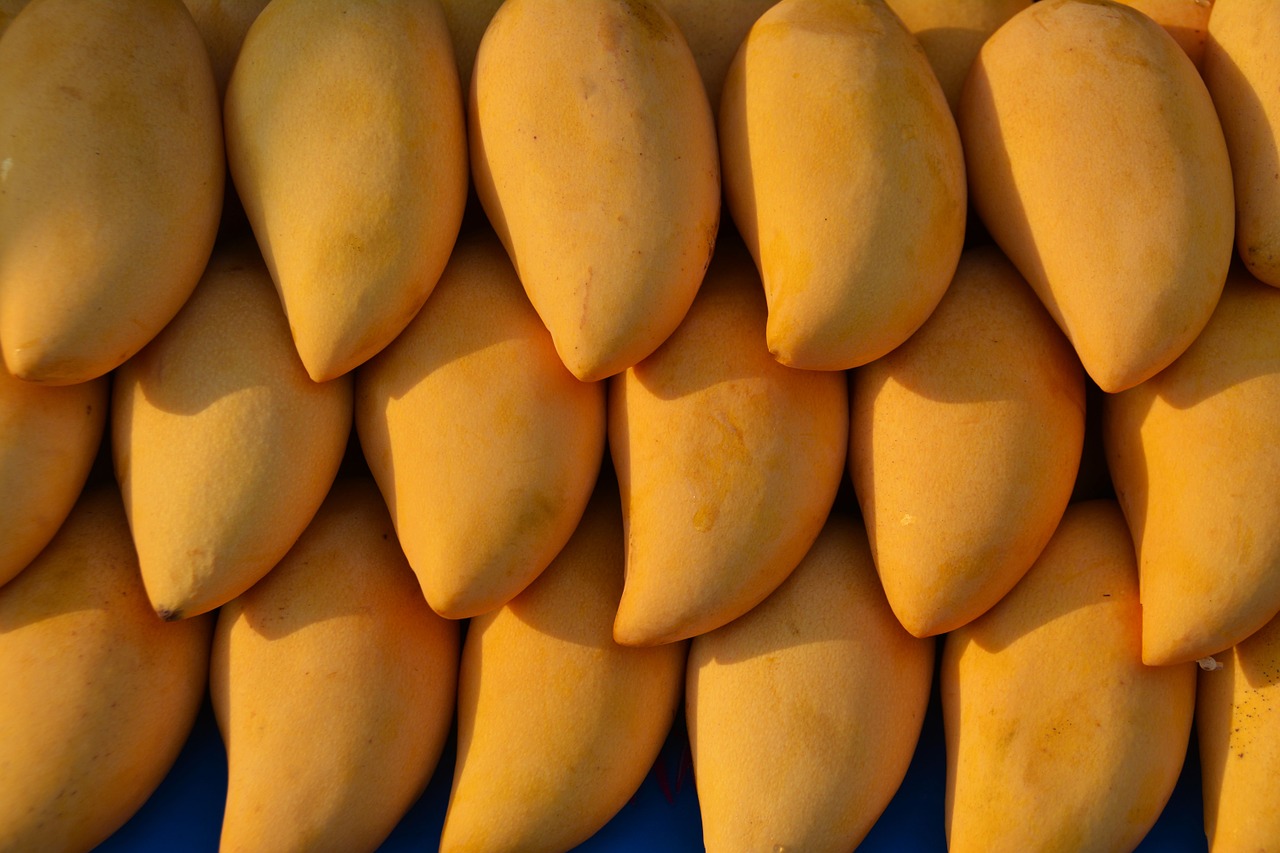

Large swathes of forests in the Northeast are an abode for the Indian elephant. But a new study has warned that parts of Assam and Arunachal Pradesh are losing canopy cover at an alarming rate.

Oscillating water columns can be used to tap energy from oceanic and sea waves. The higher cost of wave energy devices, however, remains a challenge.

Rising atmospheric carbon dioxide levels may spark a shift towards wetter winters and drier summers warn a new study based on evidence from climatic history preserved in 65 million-year-old oyster shells.


Air pollution is not only injurious to human health but also to plant life. Scientists from Banaras Hindu University (BHU) have found that most wheat cultivars developed after the year 2000 are more sensitive to damage due to ozone, a byproduct of air pollution.

Just by changing the time of administering drugs, doctors may be able to improve the outcome of cancer therapy, suggests new research done at the Indian Institute of Technology-Madras (IITM).
Internet is huge! Help us find great content
Never miss a thing! Sign up for our newsletter to stay updated.
Research Stash is a curated collection of tools and News for S.T.E.M researchers
Have any questions or want to partner with us? Reach us at hello@researchstash.com